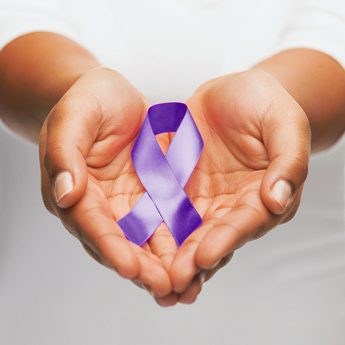Last week, 10 September marked World Suicide Prevention Day (WSPD). Countries and communities everywhere held awareness events, and took action to prevent the tragic loss of life to suicide. Why someone might take their own life is complicated, but in over 90% of deaths, the person concerned was struggling with a mental health issue.
With around a million lives lost every year globally [to suicide], we clearly are failing to adequately address mental health needs. This year, the theme of the WSPD was “Suicide Prevention: One World Connected”, which reflects the fact that connections play an important role at many levels in the combat against suicide.
Over the years, TELL, the telephone and face-to-face counselling service, has delivered numerous presentations and workshops on the topic. Below are some of the more common questions we have been asked.
Why is suicide so common in Japan?
Japan does have one of the highest per capita suicide rates in the world, but this has not always been the case. Prior to the Asian financial crisis in the late 1990s, the country did not have a high suicide rate.
The main causes of the high rate, as in other nations, are long-term financial stressors, unemployment and health problems associated with an ageing population.
Are there age and gender differences?
Yes. There are both global, country and even community-specific trends for age and gender. In Japan, four times more men kill themselves than women, and more elderly than members of other age groups die by suicide.
Moreover, higher suicide rates occur in rural areas, where people may feel more isolated.
Might talking about suicide put the idea in someone’s head?
No. However, it may colour the way people view the act, and potentially legitimise it.
Research shows that suicide clusters, where copycat suicides spread through communities, are caused by the social learning of suicide-related behaviours, known as the Werther Effect.
How suicides are reported in the media is very important; too often they are sensationalised, glamourised or seen as a way of atoning for a mistake.
To help address these issues, the World Health Organization has developed guidelines designed for anyone working in the media to ensure that responsible reporting occurs. Sadly, in Japan these guidelines are frequently ignored.
Is it true that suicides are more frequent around holidays or after disasters?
Globally, suicides tend to increase in the spring months. Around holidays and after a disaster, the numbers actually decrease.
However, if people are left unsupported or without jobs for long periods after a disaster, the rate of depression increases and, subsequently, the number of suicides.
Could one say that people who talk about it aren’t those planning to commit suicide; they are just seeking attention?
Most people who die by suicide give out warning signs. Some mention they feel life is not worth living, or that they have no future; some give away things or make a final attempt to say goodbye.
It is really important to take seriously anybody who talks about feeling suicidal.
The majority of people do not actually want to die; they are depressed, and the emotions of hopelessness and lack of self-worth are more than they can bear. Suicide is seen as a means to stop the pain. If you suspect a friend or loved one is suicidal, take the initiative to ask what is troubling them.
Don’t be afraid to ask whether the person is considering suicide, or even if they have a particular plan or method in mind. Encourage the person to talk to a mental health professional and, most important, get others involved—despite what the person may say.
If you would like to learn more about the risk factors and warning signs for adults and youths, TELL provides workshops. Our next Suicide Prevention Workshop will be held on 4 October. For more information, visit www.telljp.com
If you are concerned about a friend or have suicidal thoughts yourself, please reach out to our Lifeline any day of the year between 9am and 11pm on 03-5774-0992.
We’ll help you sort through your feelings, talk through your options and, it is to be hoped, find a way forward. You don’t have to give your name, and you can talk for as long as you like: we’re here to listen.





